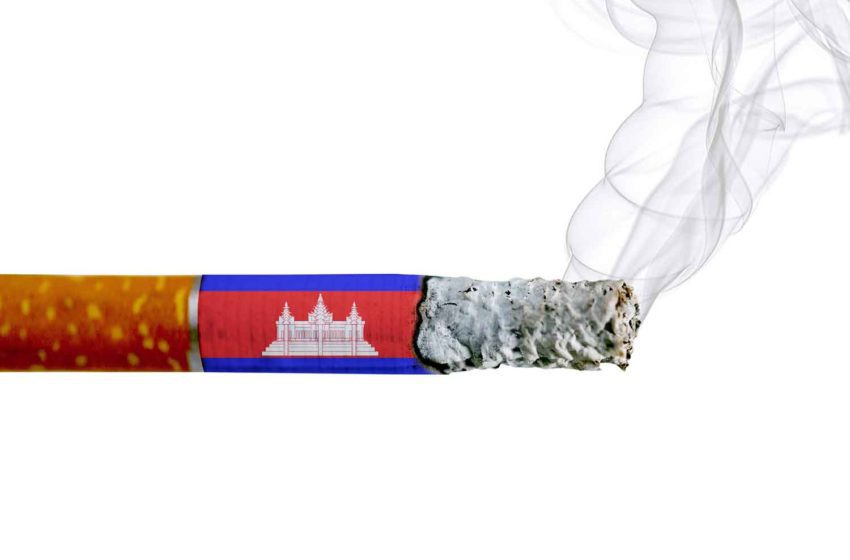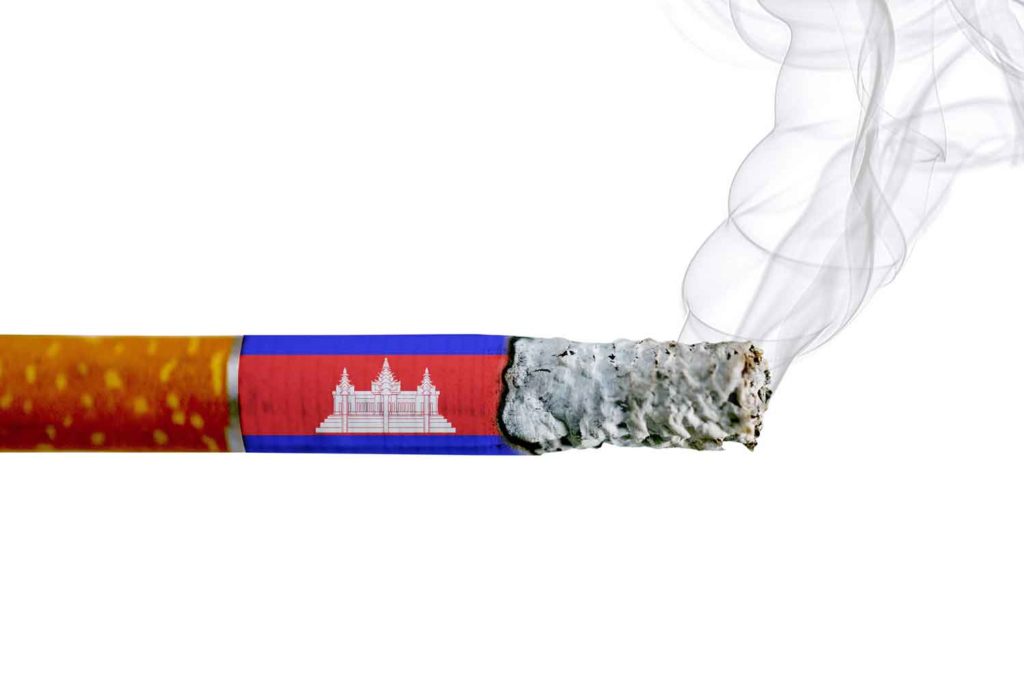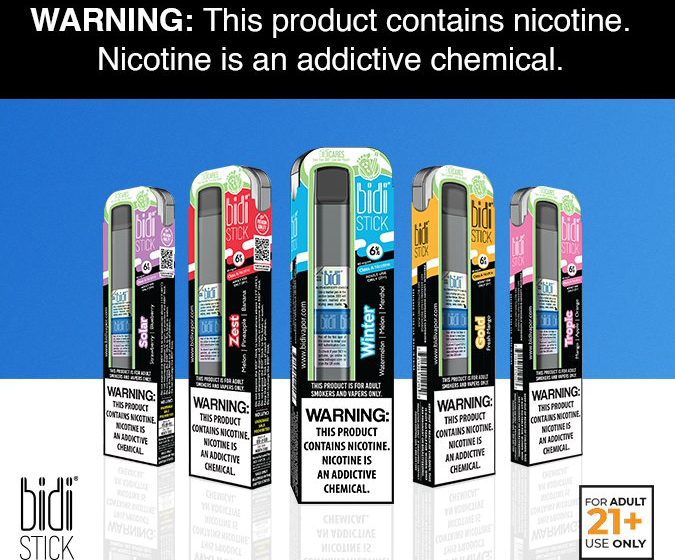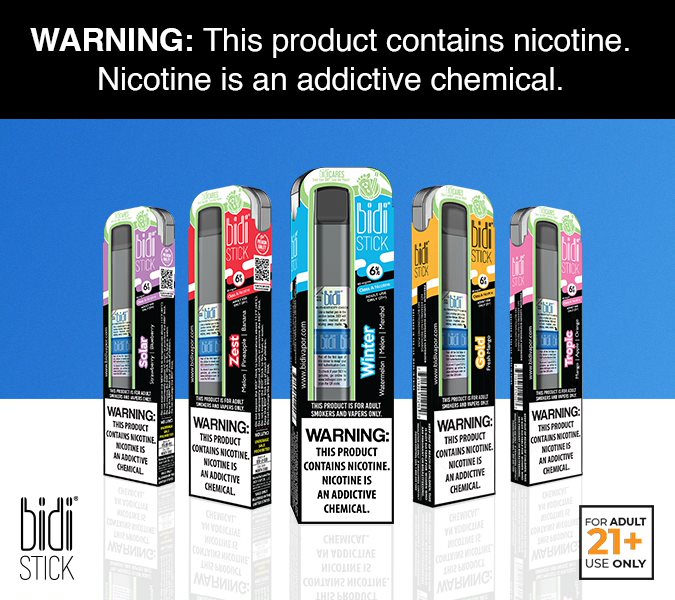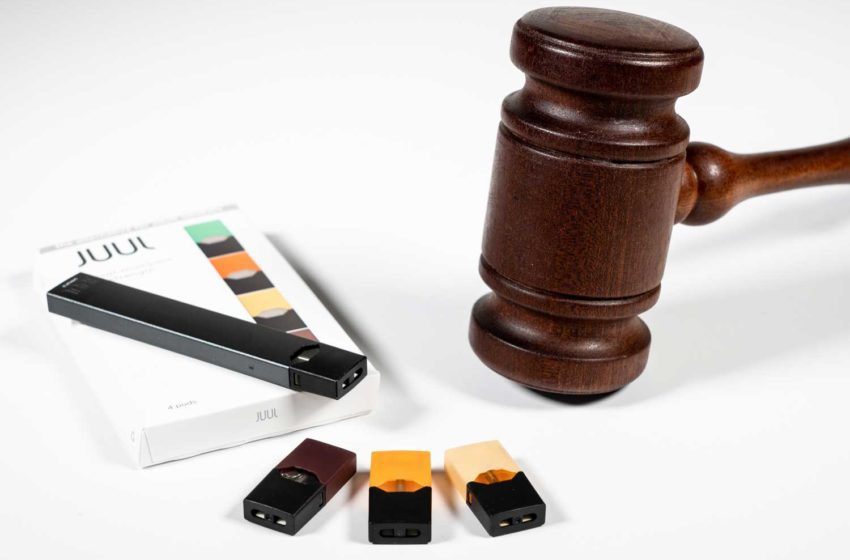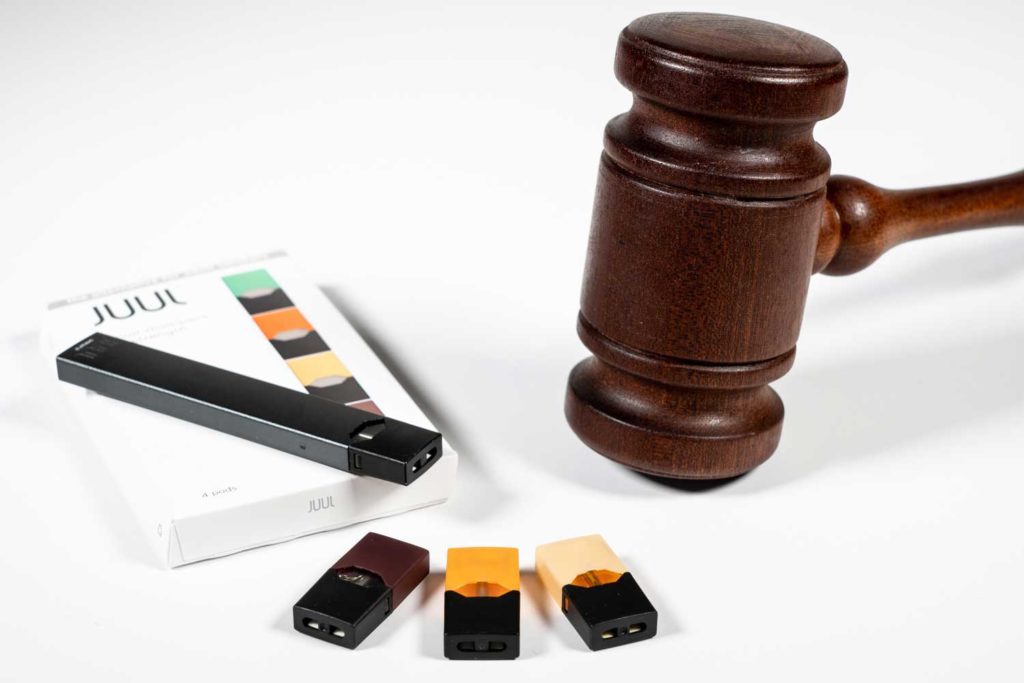
Trinidad and Tobago’s High Court has given North American Trading Co. (NATC) permission to challenge a decision by the Ministry of Health to declare its operation in breach of the country’s Tobacco Control Act, reports Trinidad & Tobago Newsday.
In November 2022, authorities raided NATC’s premises in the D’Abadie Free Zone Complex. Although there was no warrant, the company said its representative allowed the officers to enter its warehouse and cooperated fully with the inspection.
While nothing illegal was found during the search, according to NATC, the health ministry’s tobacco control unit on Feb. 9, 2023, instructed the company to cease operations immediately, arguing that the tobacco distributor did not have exemptions to engage in wholesale tobacco business in the free zone.
NATC maintains that it does not engage in real sale or distribute tobacco products in the local market. The free zone, it argues, is a jurisdiction separate and apart from the customs territory with its own rules on the movement of goods.
In a letter to the health ministry, NATC said the order to cease operations had resulted in extreme prejudice and economic loss, as the company had to stop approved exports and instead export from intercontinental business park free zones.
NATC also cited losses incurred by the delay in loading ships, which arrived in Trinidad and Tobago, and one of its major suppliers asking for a hold on clearing seven containers shipped to NATC out of concerns it would be barred from re-exporting the goods.
The matter is due for a hearing on April 24.







